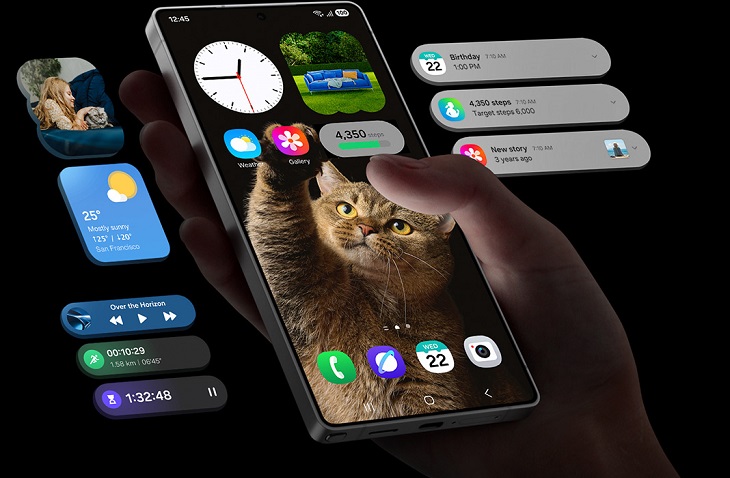Kenya is undergoing a shift in personal health management, driven by the widespread adoption of wearable technology. Devices such as smartwatches and fitness trackers have evolved from trendy accessories to essential tools for daily health monitoring, enabling individuals to take proactive control of their well-being.
In urban centers like Nairobi, wearable devices have become commonplace among health-conscious individuals. These gadgets track a range of health metrics, including heart rate, sleep patterns, stress levels, and physical activity, providing users with real-time insights into their health. This accessibility has led to a surge in self-driven health awareness, with many Kenyans integrating these devices into their daily routines to monitor and improve their well-being.
Kenya faces a growing burden of lifestyle-related illnesses. High blood pressure, heart disease, diabetes, and cancer now account for over 55 percent of deaths and half of all hospital admissions in the country. Notably, 37 percent of the population suffers from high blood pressure, with 12.7 percent affected by heart disease and 10 percent by diabetes. The adoption of wearable technology offers a proactive approach to this crisis. Wearables have come in handy by continuous health monitoring, hence empowering individuals to detect early warning signs and make informed lifestyle changes, potentially reducing the prevalence and impact of these conditions.
There is no doubt that wearables excel in their ability to identify subtle health patterns that might otherwise go unnoticed. This can be seen through wearables such as the Samsung Galaxy Watch that records and manages your 24-hour activity and sleep patterns to cultivate a healthy habit. Advanced sensors and algorithms can detect irregular heart rhythms, monitor sleep quality, and assess stress levels, enabling users to address potential health issues before they escalate. This proactive approach aligns with a broader shift towards preventive healthcare, emphasizing early intervention and continuous monitoring to maintain optimal health.
The surge in wearable technology usage in Kenya is largely driven by consumers themselves. Urban professionals, tech-savvy youth, fitness enthusiasts, and even school-aged children are embracing these devices to monitor their health. Fitness communities and social media platforms further amplify this trend, fostering a culture of shared health goals and mutual encouragement. This grassroots movement signifies a collective shift towards self-managed health and wellness.
The data generated by wearable devices holds immense potential for enhancing healthcare delivery in Kenya. With the data being integrated into electronic health records, healthcare providers can gain comprehensive insights into patients’ health, facilitating personalized treatment plans and timely interventions. Moreover, advancements in artificial intelligence and machine learning can leverage this data to predict health trends and identify at-risk individuals, enabling a more proactive and efficient healthcare system.
Despite the promising benefits, challenges remain. The cost of wearable devices can be prohibitive for many, particularly in low-income communities. Additionally, concerns about data privacy and the need for robust technological infrastructure must be addressed to ensure equitable access and secure handling of sensitive health information. Collaborative efforts between the government, private sector, and civil society are essential to overcome these barriers and fully realize the potential of wearable technology in healthcare.
Wearable technology is shifting and creating a wellness awakening in Kenya, empowering individuals to take charge of their health and fostering a culture of proactive well-being. As these devices become more accessible and integrated into healthcare systems, they hold the promise of transforming the nation’s approach to health, shifting the focus from reactive treatment to preventive care.
Related Content: Samsung Now Has A New Experience Store In Eldoret












